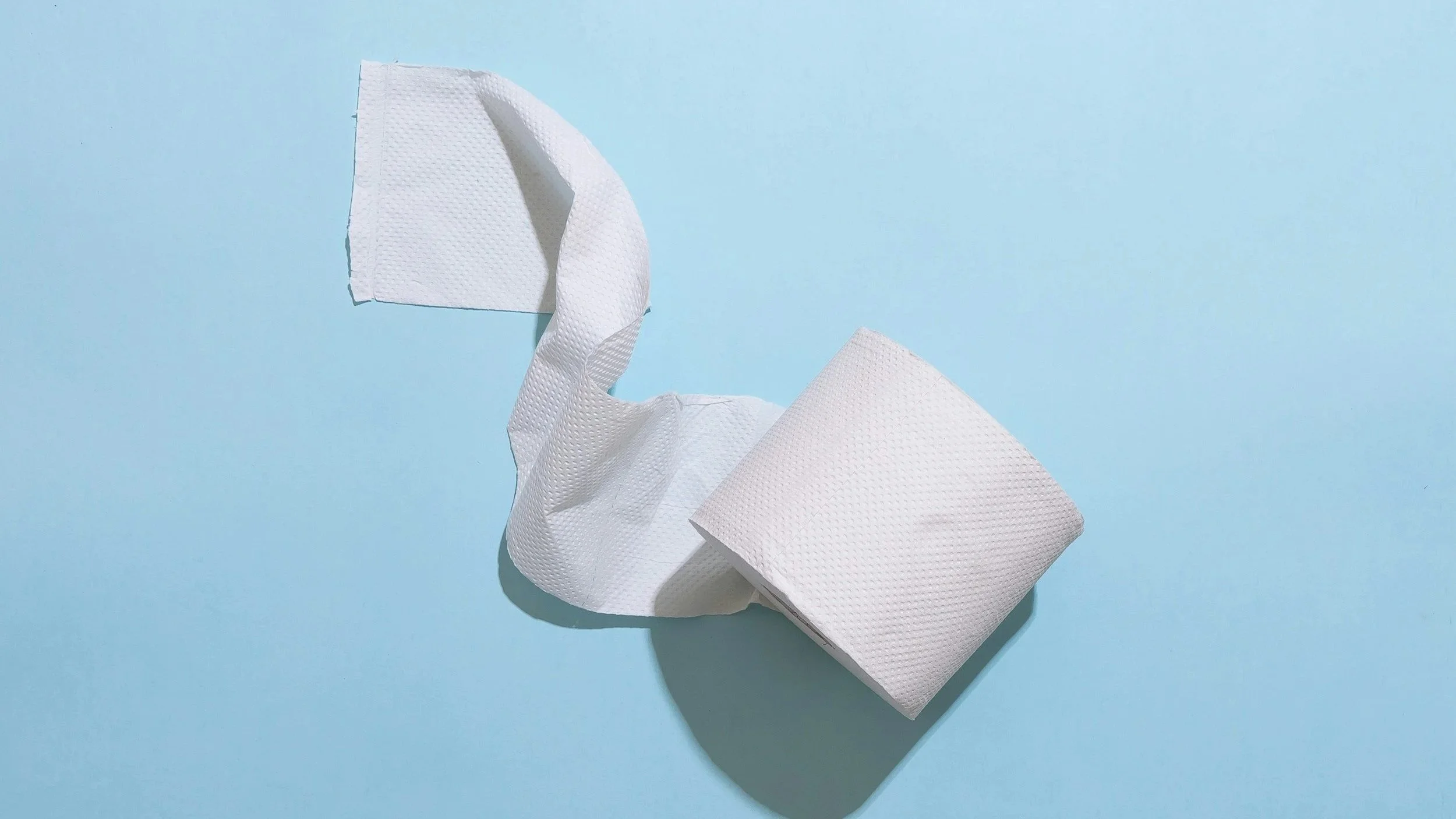Constipation support: the things we sometimes overlook
Constipation is one of the most common gut complaints in both women and children. It can cause bloating, gas, discomfort and that heavy, sluggish feeling that makes it hard to get through the day. While there are many possible causes, some of the big ones I see in clinic include a low-fibre diet, not drinking enough water and food triggers like dairy and gluten. For some people, simply reducing or removing these foods can make a noticeable difference.
But for others, the constipation puzzle is more complicated. That’s when it’s worth looking beyond the basics and addressing the full picture — from food choices to daily habits and nervous system support.
The right kind of fibre
Fibre is essential for healthy bowel movements, but the type of fibre matters. Insoluble fibre (found in wholegrains, nuts and skins of fruit and vegetables) adds bulk to stools, while soluble fibre (found in oats, chia seeds, psyllium husk and legumes) helps soften them.
Some people increase fibre too quickly or choose the wrong type, which can actually make constipation worse. Start slowly and pay attention to how your body responds. Cooking vegetables until they’re soft, peeling fruits, and choosing gentler fibre sources can make them easier to digest.
You can also consider gentle supplements if diet alone isn’t enough. Magnesium helps relax the bowel muscles and draw water into the stool, making it easier for them to pass. Partially hydrolysed guar gum (PHGG) is a gentle, soluble fibre that feeds good gut bacteria and improves bowel regularity without causing the bloating or discomfort some people experience with other fibres. If considering supplementation, remember it is important to consult with a practitioner to find out the right form and dose, especially for children.
Hydration matters more than you think
Even the best fibre won’t work well without enough fluid. Water helps soften stools and keep them moving through the bowel. Aim to sip water steadily throughout the day rather than drinking large amounts in one go. Herbal teas and water-rich foods like cucumber, zucchini, melon and citrus fruits can also help keep you hydrated.
For children, offering water alongside snacks and encouraging small sips regularly can be more effective than expecting them to drink a large glass all at once. One thing that often surprises parents is the fact that drinking large amounts of milk can contribute to constipation, especially if their child is sensitive to dairy or filling up on milk instead of fibre-rich foods. This is something I see regularly in constipated children in clinic.
Daily movement for regularity
Physical activity stimulates the muscles in the digestive tract, which can help promote regular bowel movements. Even light exercise, like walking, gentle stretching or dancing around the lounge room with your kids, can make a difference.
If you or your child are sitting for long periods, try to include short movement breaks. For children, playtime outside or even indoor obstacle courses can help get their bowels moving.
Routine and nervous system support
Our bowels respond well to routine, and eating meals at consistent times helps regulate the digestive system. Creating a calm environment for toileting helps too!
The nervous system plays a big role in bowel regularity. If your body is stuck in a constant state of stress (“fight or flight”), digestion slows down. Deep breathing, relaxation techniques and reducing rushed mealtimes can help shift your body into a “rest and digest” mode.
Simple physical supports can help too. Abdominal massage, using small circular motions, can gently stimulate the bowel, and a footstool like a Squatty Potty changes the angle of the bowel, making stools easier and more complete to pass.
What often gets missed in constipation relief
When constipation doesn’t improve with more fibre and water, it’s important to look deeper. Food sensitivities, low stomach acid, slow thyroid function and certain medications can all play a role. For adult females, constipation can be linked to hormonal shifts, particularly in perimenopause and menopause, as oestrogen and progesterone fluctuations can slow bowel transit.
In children, stool withholding after a painful bowel movement can lead to a cycle of ongoing constipation that needs both physical and emotional support to break.
Gut motility can also be affected by imbalances in gut bacteria. Such imbalances can be treated through probiotic-rich foods like yoghurt, kefir and sauerkraut, or by targeted probiotic strains prescribed by a practitioner.
When to seek help
Occasional constipation is common, but if the issue is ongoing, I recommend seeking professional help. Blood in the stool, unexplained weight loss or severe abdominal pain are all signs that you should seek medical advice as soon as possible.
If you’ve been stuck in the cycle of constipation, bloating and discomfort, the good news is there are many gentle, practical steps you can try. Sometimes, it’s not about doing more but about doing the right things consistently.

